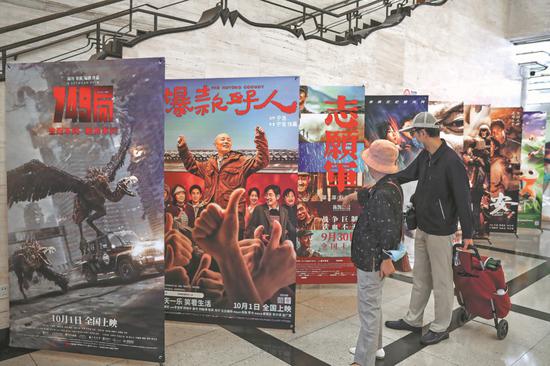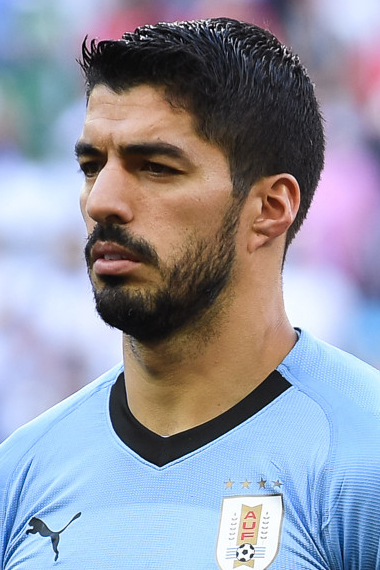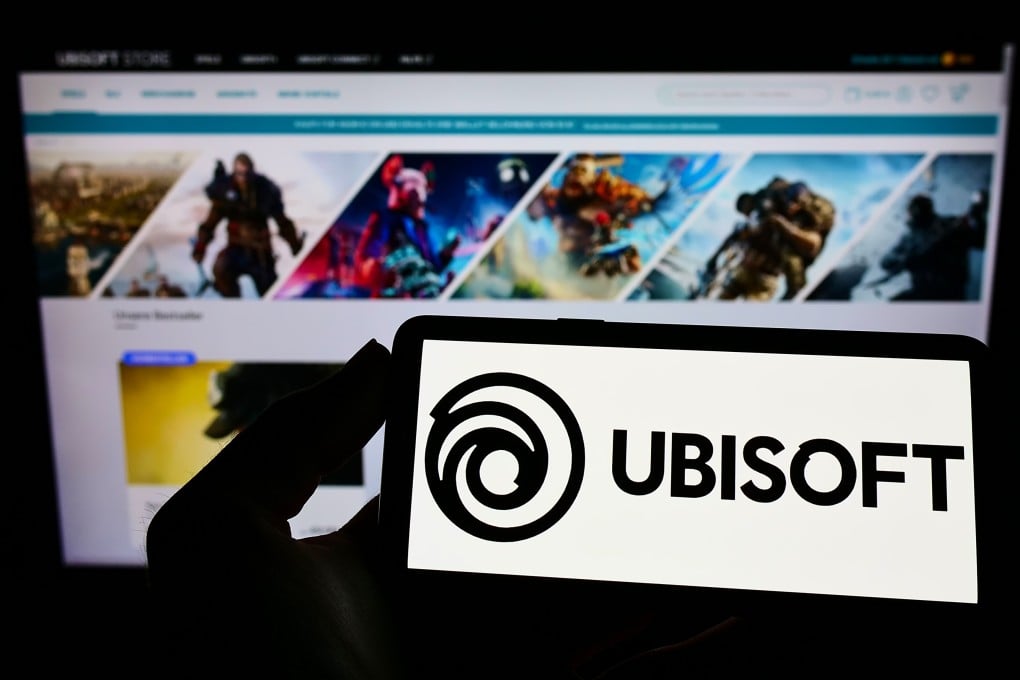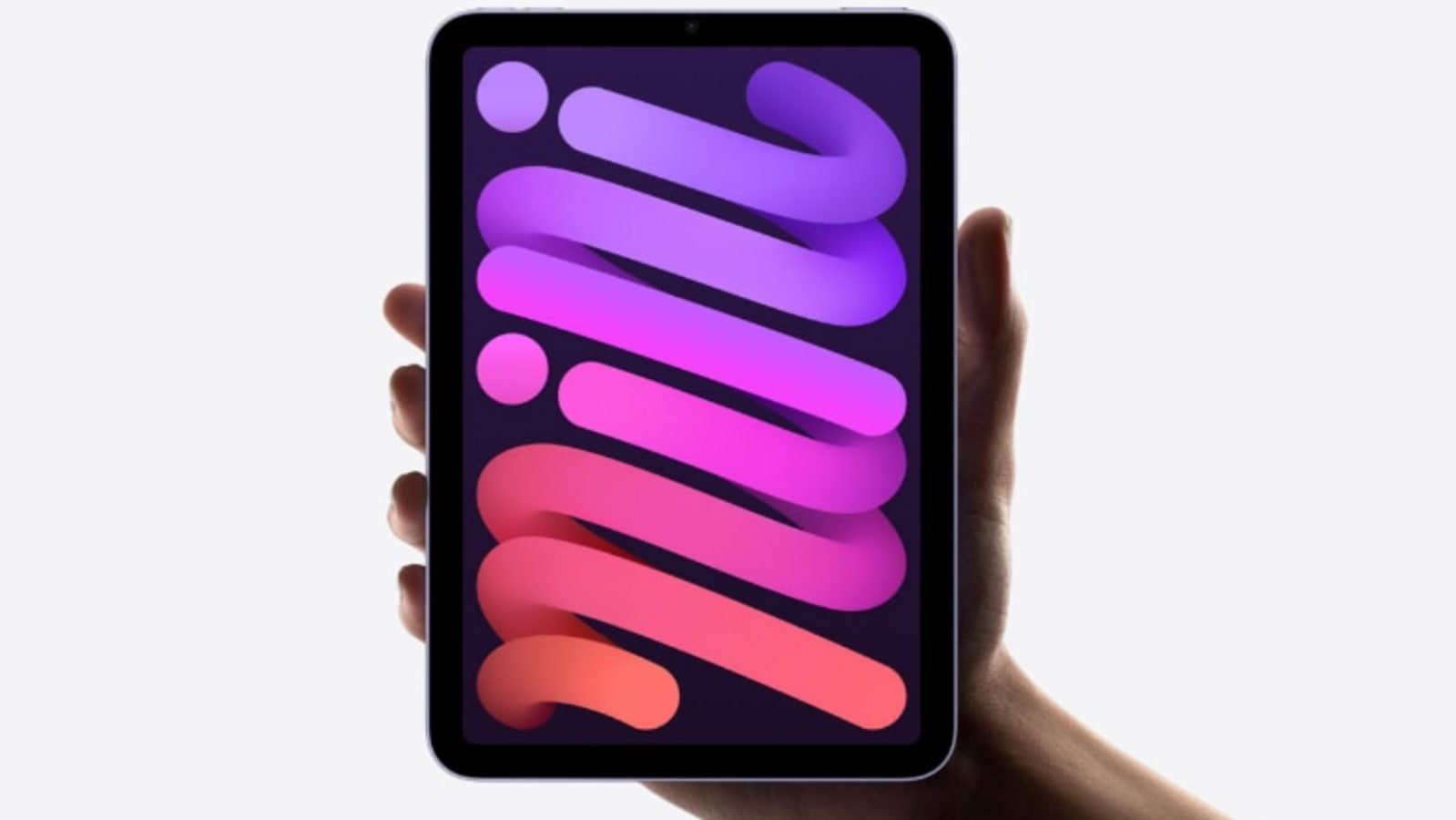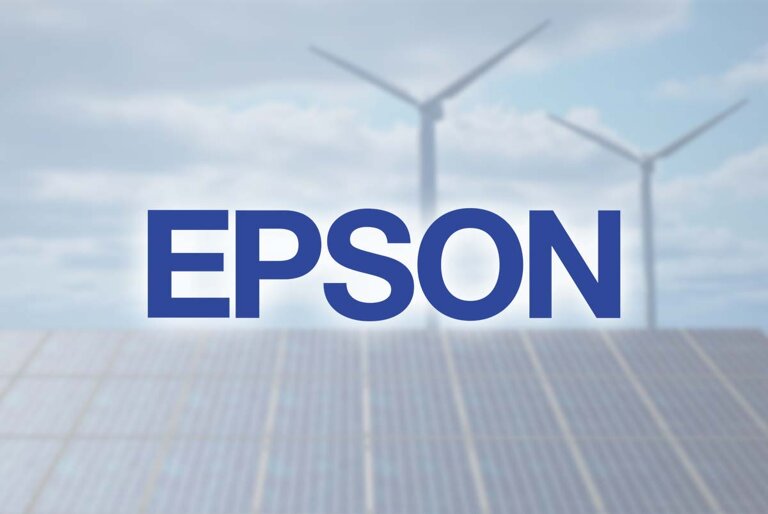
A former employee of TikTok’s Chinese parent company, ByteDance, claims Chinese national police detained his father and took him to “a remote secret facility” to interrogate and intimidate him after the former employee spoke to Western press about ByteDance’s censorship of content on TikTok. The allegations appear in a redacted federal court filing in the case of another alleged TikTok whistleblower, Roger Yintao Yu. In a sworn declaration, the former employee says he worked at TikTok’s headquarters in Beijing in 2019 and 2020, and that “one of the main functions” of the platform he worked on “was to censor content on TikTok.
” According to the declaration, he moved to the United States for graduate school and spoke about ByteDance’s censorship of TikTok in an interview with the Agence France-Presse in 2022, which was later translated and republished by the BBC. Under penalty of perjury, the former employee wrote that his father relayed the officers’ orders: “The Chinese national police demanded, ‘keep your mouth shut.’ They also demanded that I contact the BBC and retract that BBC article, which I did under coercion and fear.

” He said the BBC refused to retract its story. “Chinese national police continued harassing my family on other occasions, demanding me to delete my social media posts on Twitter, which I eventually obeyed, after my family had been threatened." The former employee did not claim that ByteDance had knowledge of, or was complicit in, the Chinese police’s alleged intimidation of his father.
Forbes was not able to independently corroborate the former employee’s claims. ByteDance said in a court filing that it “unequivocally denies any involvement” in the alleged events. The former employees’ allegations, if true, suggest a direct Chinese government interest in quashing public discussion of censorship on TikTok.
They come to light at a critical moment for TikTok and ByteDance. In April, Congress passed and President Biden signed a law that requires ByteDance to sell TikTok — a sale that the Chinese government has said would violate Chinese law — or see the app banned in the United States. The law is based upon national security concerns that the Chinese government could force ByteDance to use TikTok to collect private information about Americans or use its powerful recommendations algorithm to influence the messages people see.
TikTok says it has never provided private information about American users to the Chinese government. TikTok and ByteDance, along with creators who use the TikTok app, have challenged the law’s constitutionality in court, arguing that it violates their First Amendment rights. The law’s fate currently sits with a three-judge panel on the DC Circuit, which will likely rule on the First Amendment questions before the end of this year.
Last year, the Criminal Division of the Department of Justice opened an investigation into ByteDance after Forbes reported that the company had used TikTok to surveil journalists — a report that ByteDance later confirmed . The company also came under fire from lawmakers after Forbes revealed that it monitors the use of hundreds of “sensitive words” on its platforms, and made thousands of creators’ and advertisers’ financial data widely accessible to staff in China. ByteDance said it did not use many of its sensitive word lists on TikTok.
It acknowledged that some TikTok creator data was accessible in China, and declined to comment about advertiser data. The BBC and lawyers for Yu did not immediately respond to requests for comment. The anonymous former employee is not a party to the case where his declaration was filed.
That case concerns another alleged whistleblower, Yintao Yu, who claimed in a 2023 interview with the New York Times that ByteDance used TikTok to promote anti-Japanese rhetoric and condemnation of protests in and about Hong Kong. The declaration was filed in support of a motion for reconsideration filed by Yu’s attorneys. Yu had asked that a witness in his case be kept anonymous, but the judge ruled against him on that point.
In an unsuccessful attempt to change the judge’s mind, his lawyers relied in part on the redacted former employee’s story, to demonstrate the real world harm that people in China may face when speaking out about TikTok and ByteDance. ByteDance spokesperson Mike Hughes provided the following statement: "We previously addressed these claims in court and the court has since denied Mr. Yu's motion for reconsideration.
As we said in our filing, 'To be clear, BDI unequivocally denies any involvement' in these alleged events. We also note in our filing that Mr. Yu has engaged in perjury in this case and others.
" In the Yu case, ByteDance has zealously argued that Yu is a biased and non-credible witness who has made contradictory statements in court. But the lawyers have not directly contested the account of the former employee, beyond saying their client had no involvement in it. In one filing, ByteDance’s lawyers appear to dismiss the former employee’s declaration as “third-party hearsay accounts criticizing the Chinese government’s alleged detention of political dissidents.
” It is unclear whether the lawyers were referring to the former employee or his father as a “political dissident” because of his speech about the company. The former employee’s sworn statement, as filed on the public docket, is available here . MORE FROM FORBES.


